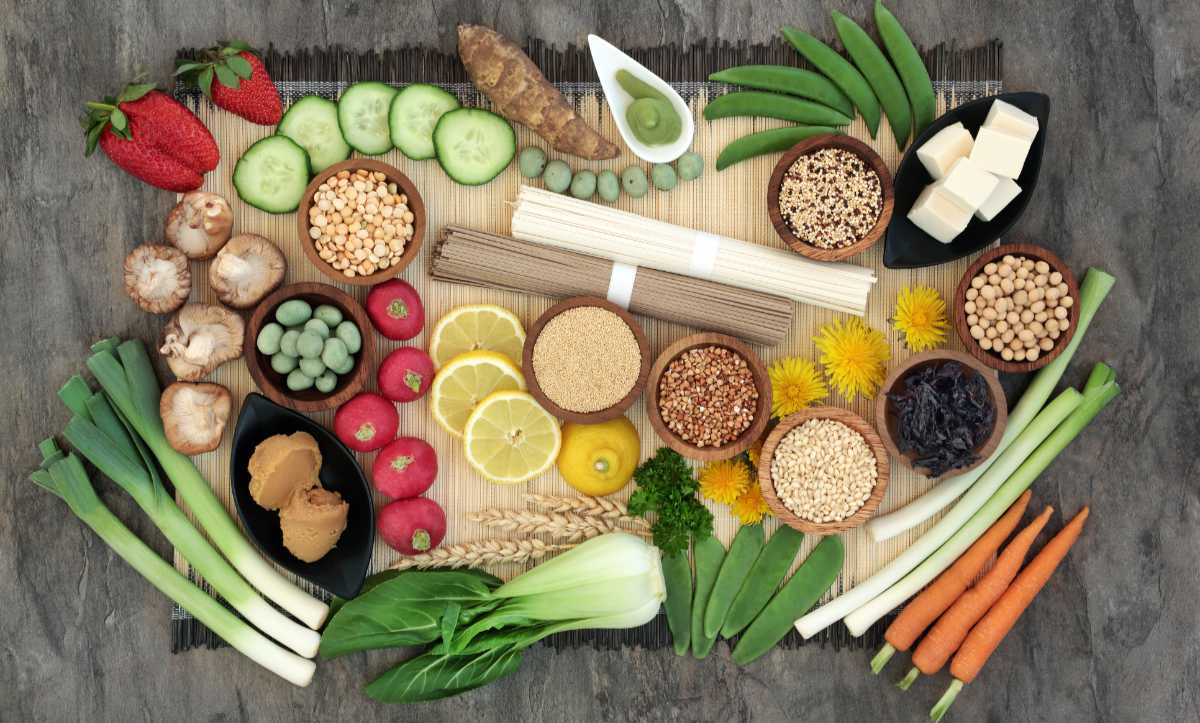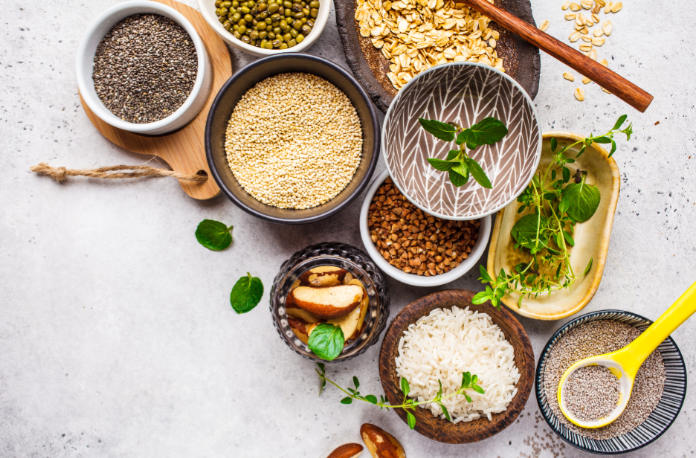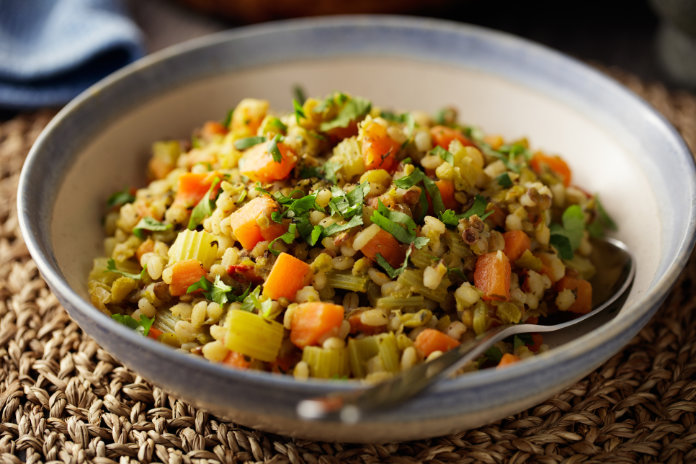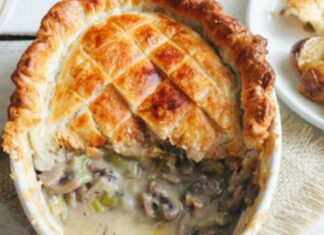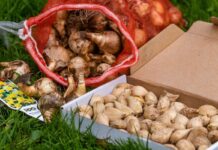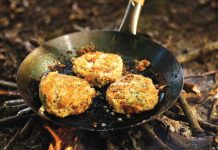Followed by fitness loving celebrities such as Madonna and Gwyneth Paltrow, a macrobiotic diet is also popular with those who believe that eating a high-fibre, non-meat diet will cure disease and illnesses.
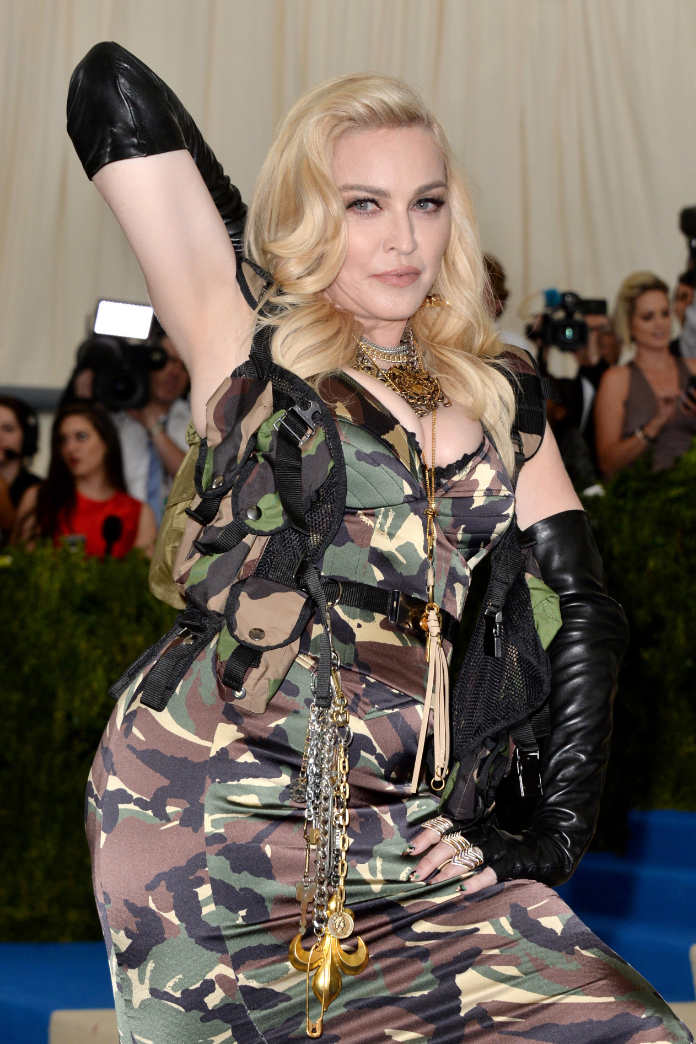
No one would deny that Madonna is in great shape for her age – she’ll be 62 in August this year. For many years, Madonna’s personal chef was Mayumi Nishimura – a Japanese health guru who champions the macrobiotic way of life and even wrote a book about it.
In the preface to Nishimura’s book, Madonna writes: “Not only are you the best chef in the world… your amazing food helped me to be a happier, healthier person, balanced in body and mind.”
A pretty glowing review from Madge, but what does a macrobiotic diet actually entail?
What is a macrobiotic diet?
The macrobiotic diet and plan was devised in the 1920s by a Japanese philosopher called George Ohsawa. It’s more than just food, and also involves gentle exercise and a natural and calm approach. Think of it more as a balanced, holistic way of life, rather than just a weight-loss plan.
What do you eat on a macrobiotic diet?
Around 40-60% of your intake should be made up of wholegrains – the likes of bulgar wheat, quinoa and brown rice. According to Healthline, cereal grains are preferable to pastas and bread. Around a third of your diet is then made up of locally-grown and seasonal vegetables, and the rest is beans, bean products and sea vegetables – think tofu, tempeh and seaweed.
A few times a week, you are allowed fresh fish and seafood, fruit, pickles and nuts – but all kinds of dairy, meat, eggs and processed foods are off the table. It’s not even like you can eat any veg you want, with things like courgette and spinach not allowed on the plan.
When it comes to the food you can eat, you’re expected to be practice gratitude and chew each mouthful at least 50 times. You can follow the macrobiotic diet to varying degrees of strictness – for example, some people adhere to the more extreme rules of only using natural materials to cook and store food, avoiding electricity, purifying water before cooking or drinking, and not having any caffeinated or alcoholic drinks.
Is a macrobiotic diet healthy?
The nature of the diet means you’ll be reducing your fat, sugar and salt intake. This could be beneficial for some people with type II diabetes, or for those who want to reduce their cholesterol levels. There’s also a suggestion it could help reduce your risk of heart disease.
Does a macrobiotic diet have any drawbacks?
It’s undeniably quite a restrictive diet, so anyone following it has to be particularly vigilant they’re getting enough nutrients and eating enough calories. It’s particularly low in calcium, iron, vitamins B12 and D and protein.
As everything you eat is meant to be organically grown, it can also be a pretty costly way of life.
Can a macrobiotic diet help fight cancer?
According to Cancer Research UK, some people with cancer use the diet as a complementary therapy: “They think that changing their diet and lifestyle might help them to feel better and more positive.”
However, the charity does warn there is no scientific evidence that this lifestyle will help fight cancer. In fact, it also warns of possible harmful side effects – as sufferers are likely to already be weak and underweight, this non-dairy and animal-free diet might not provide the nutrients or calories they need.
Cancer Research UK doesn’t support using a macrobiotic diet to fight cancer, but says it is up to the person if they want to try it – as long as they consult a specialist first.
More research needs to be done, but there is a suggestion the diet can slightly reduce the level of oestrogen in women, which could reduce the risk of breast cancer.
What is the Cambridge Diet – what do you eat and is it safe?























































